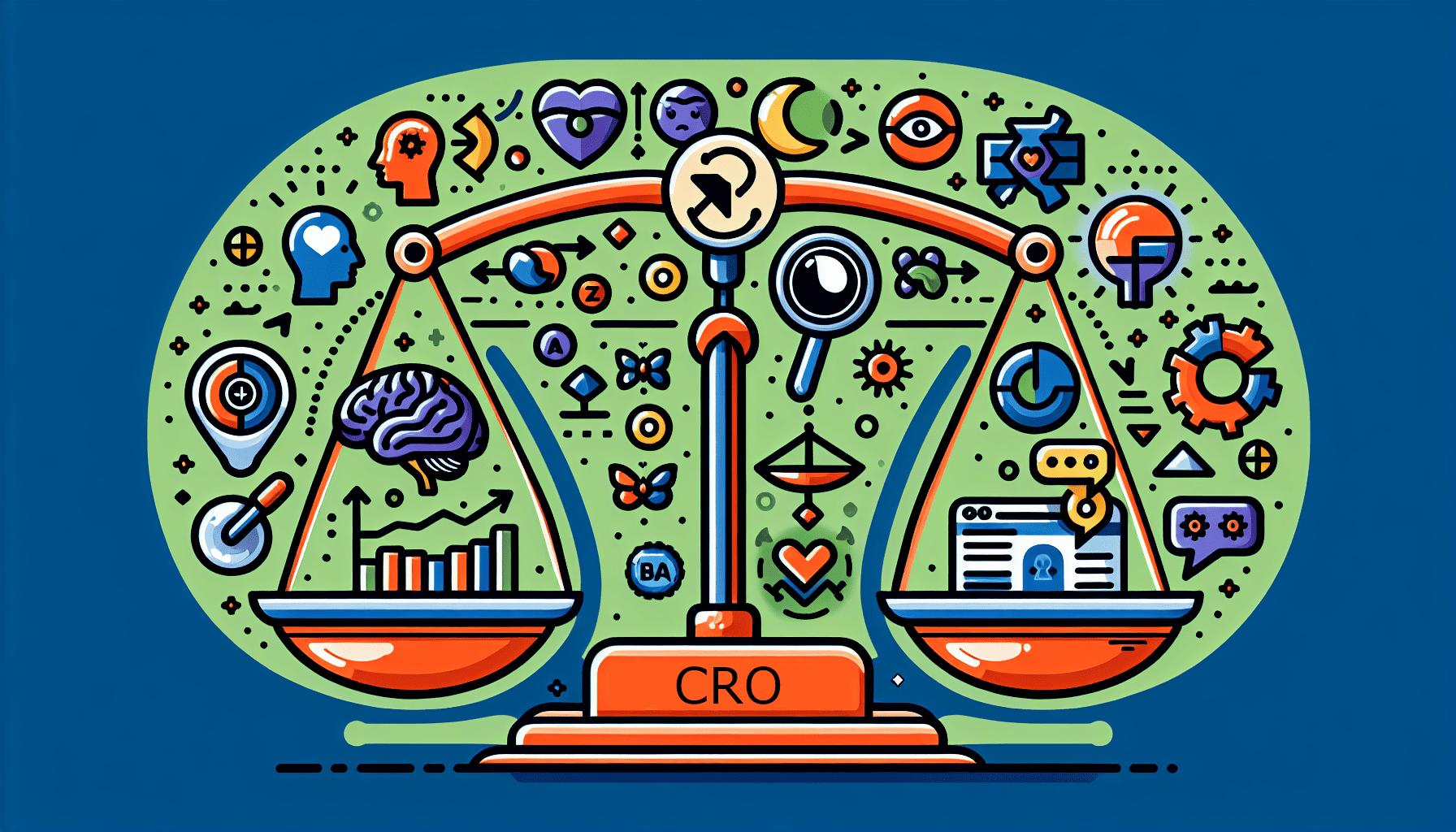As e-commerce continues to dominate the retail landscape, businesses are increasingly focusing on Conversion Rate Optimization (CRO) to drive sales and customer engagement. In this drive for optimization, one often overlooked yet essential aspect is the role of psychology. Psychology, the science of understanding human thought, emotion, and behavior, can be a goldmine of insights for e-commerce companies looking to enhance their CRO efforts.
Understanding Consumer Psychology
Consumer psychology is key to the decision-making process. It involves understanding why consumers behave the way they do, their needs, and their motivations. This understanding is then used to create online experiences tailored to these behaviors and motivations, thus enhancing the likelihood of conversions.
The Role of Color Theory
Color theory is a fundamental aspect of psychology that can significantly impact consumer behavior. Various studies have shown that color can affect mood, emotions, and even purchasing decisions. For example, using warm colors such as red or yellow can create a sense of urgency and excitement, thereby encouraging impulsive buying. Conversely, cooler colors like blue or green can create a sense of calm and trust, making them ideal for high-value or long-term purchases.
Scarcity and Urgency in CRO
The principle of scarcity states that people are more likely to want something if they believe it is in limited supply. Similarly, urgency promotes the idea that there’s a limited timeframe to act. By leveraging these principles, e-commerce businesses can create a sense of limited availability or time, prompting customers to act faster and thereby increasing conversion rates.
The Power of Social Proof
Social proof is a tremendously effective psychological principle in CRO. The idea is that people are more likely to perform actions if they see others doing the same. In e-commerce, this can be achieved through reviews, testimonials, or displaying the number of purchases made. This demonstrates the popularity of a product or service and can significantly boost customer confidence and conversions.
Personalization and Reciprocity
Personalization plays into the psychological principle of reciprocity. By tailoring experiences to individual customers, businesses show they value their customers, who, in turn, are more likely to reciprocate with a purchase. Personalized marketing messages, product recommendations based on browsing history, or personalized discounts are all effective ways to increase conversions.
Conclusion
Understanding and leveraging psychological principles in CRO can be a key differentiator for e-commerce businesses. By tapping into the way consumers think and behave, businesses can craft more effective strategies that resonate with their audience, driving conversions and ultimately boosting bottom-line results.
Remember, CRO is not just about numbers and data. It’s about understanding your customers on a deeper, more human level. So, don’t overlook psychology in your CRO efforts. After all, behind every click, there’s a human mind making a decision.
